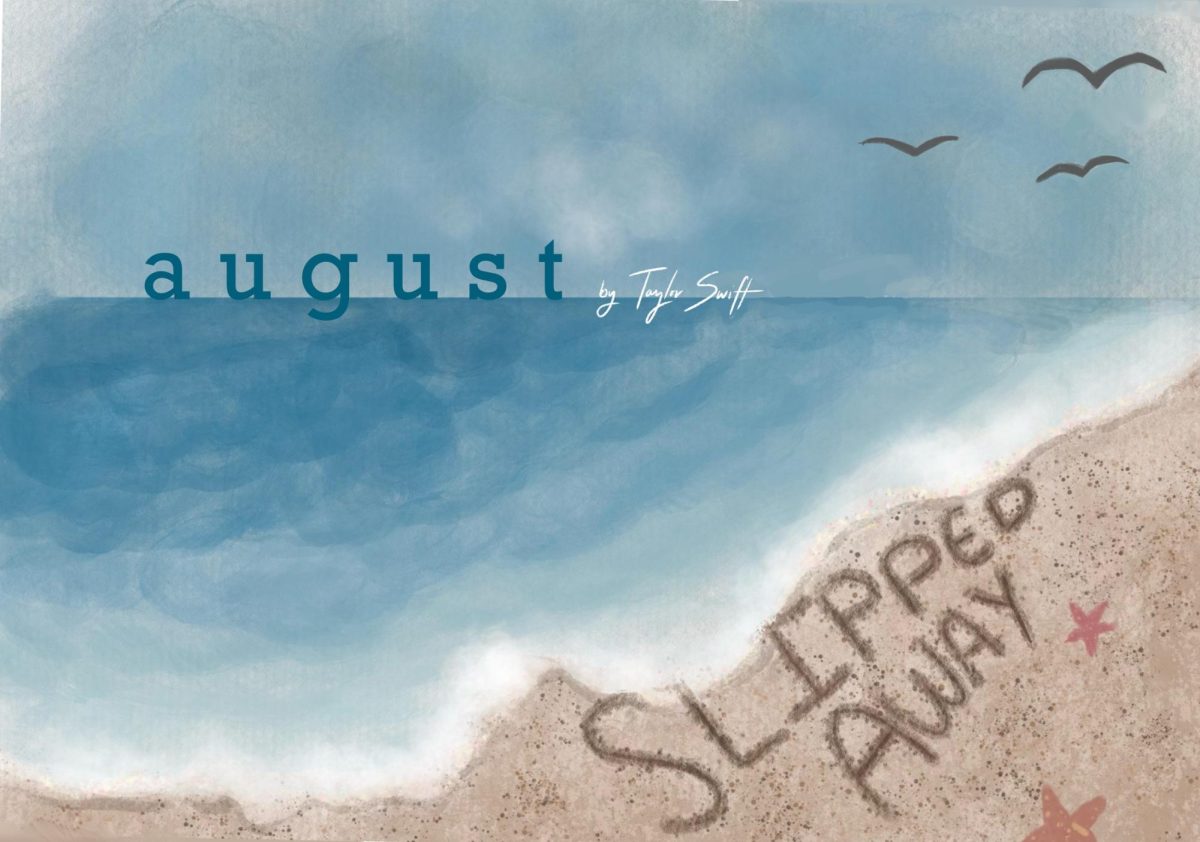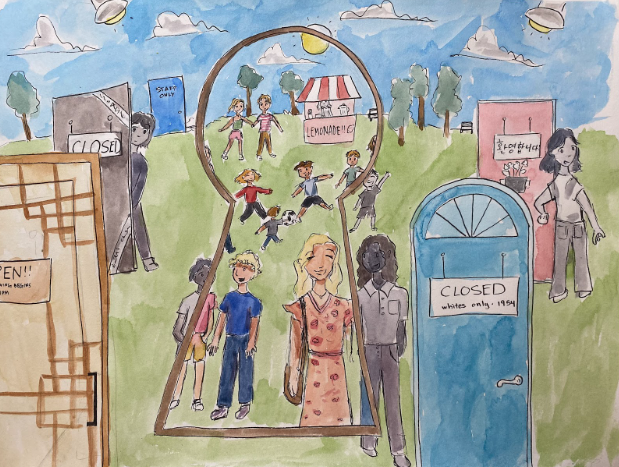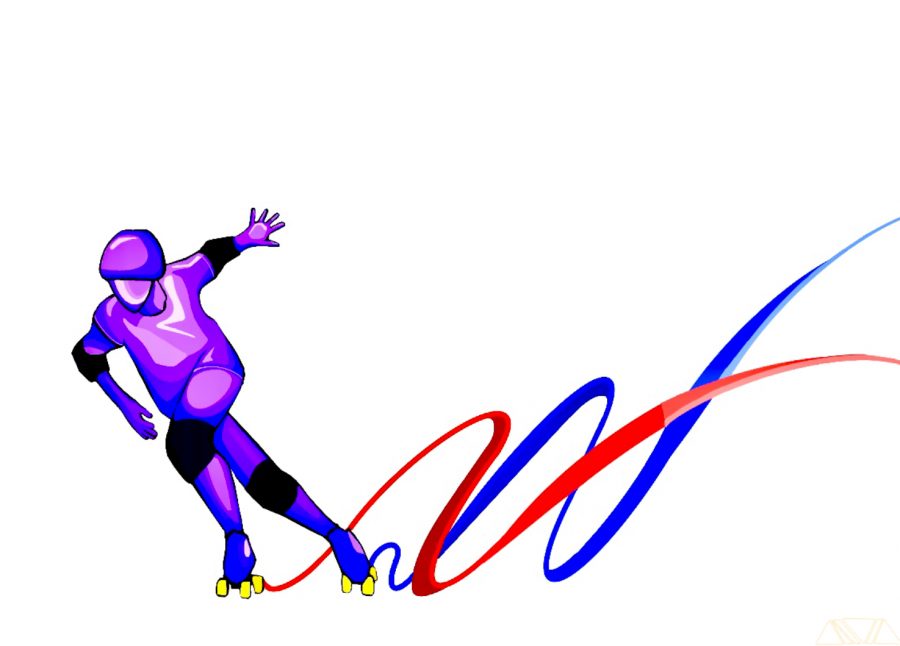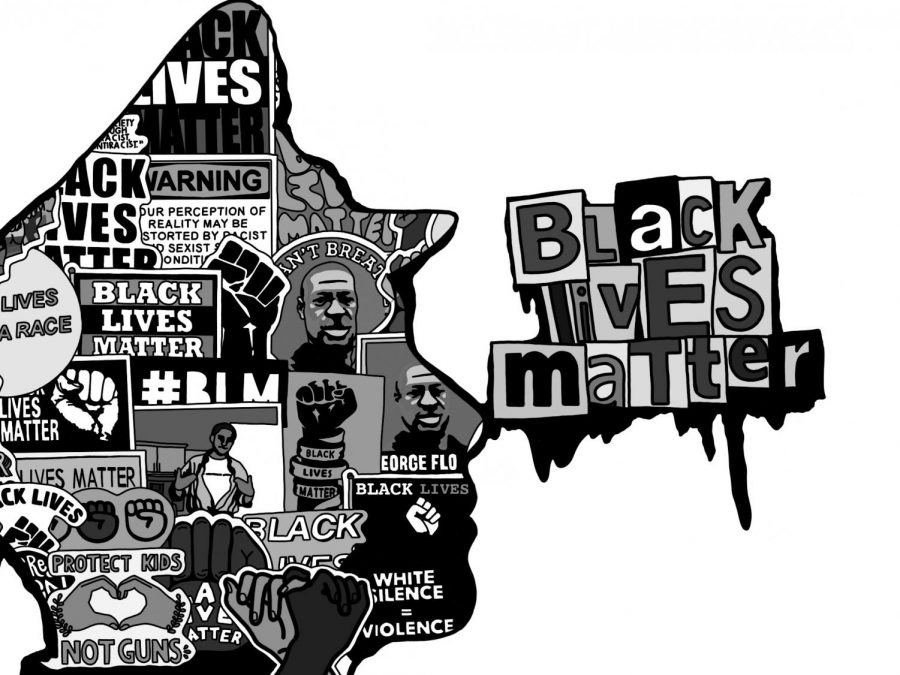“Do what makes you happy” is just one of the many simple-sounding platitudes I used to agree with, but doesn’t quite hold up with deeper analysis.
Like the pirate code, I understand that the saying is intended more as guideline than rule, but I disagree with the sentiment just as much as I disagree with the obvious exceptions to the saying.
The mentally ill are happy, inasmuch as we can tell, doing things that the sane deem immoral, and we’d exempt them by force from upholding the saying by enforcing laws that punish those immoral actions. Despite these obvious contradictions to the saying, I believe that its fundamental inconsistency and faulty advice lies in its exclusion of what humanity, without exception, needs to produce and grow: conflict.
Conflict, on any scale, is what drives growth, and thus production. I don’t want to always be happy, and you shouldn’t either. We need impediment, struggle, and failure to experience their emotional opposites. These things shouldn’t take us by surprise, and we should welcome actions that make us unhappy. If we understand that they will invariably come, we are much more able to use them to further growth and enable deep, lasting happiness.
After all, what makes you happy is best found through process of elimination. Challenge your boundaries and tastes. Live liberally. With so much content, thought, and color surrounding us, it is a waste of time to limit yourself to what you already know. Even if what you already know makes you happy, understand that happiness is not a tank to be filled with petrol. It evolves. It is a moving target. It needs destruction and revision, whether minor or major, as do you.
I’m no proponent of reckless abandon and merciless masochism, but a key point must be understood. Barring the abuse of others, one has the right to experience this growth through dissatisfaction that shows itself variously to all. We are not all beautiful snowflakes, unique in our natural complexity, but rather stars churning various and layered chemicals in soups of infinite possibility, imploding at the end of the experiment we label life.
If we treat ourselves as anything less than a being who can find the fullness of life that growth aids, we involve ourselves in the lives of others in an even more irrational lens. When we, consciously or not, prevent ourselves from growth, we limit the choices of others that would allow them to grow and experience in ways we had long ignored or discounted.
This saying is just one tendril that this limitation clings to. The idea of seeking happiness promises that it is flawed. Unhappiness, and the conflict and growth it pulls along, do not naively make that promise, but are essential aids to your own best outcome.
Do what challenges your perceptions of happiness. This modus operandi is the addicting elixir of rich life, and we’d be remiss to forget the words of Captain Jack Sparrow.
Drink up, me hearties, yo ho.









